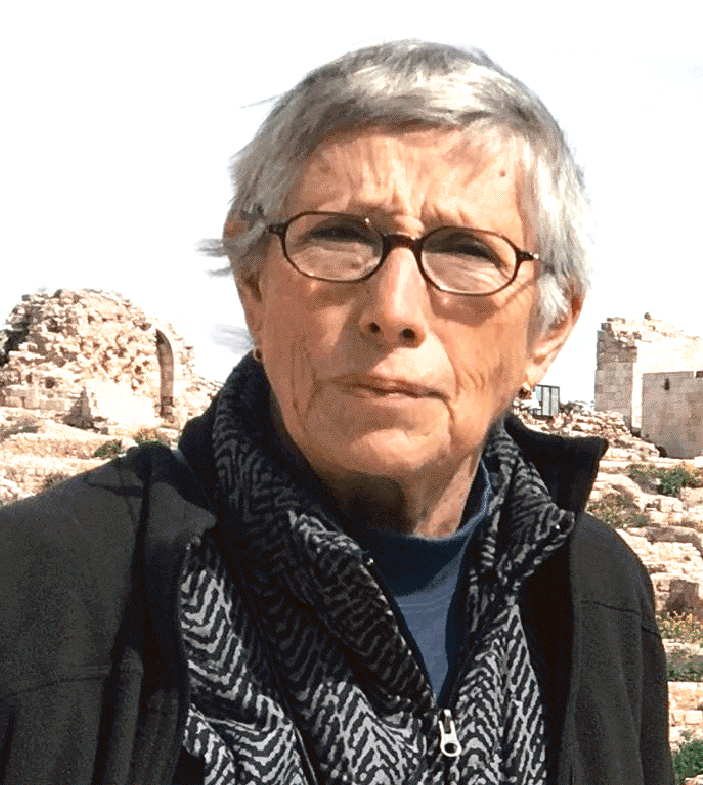Sunday's defeat of the candidate proposed by Turkish President Recep Tayyip Erdogan in the election for mayor of Istanbul was a serious blow to the leader who has dominated Istanbul's political scene for a quarter of a century. The result was particularly humiliating because Istanbul is the country's largest city and Erdogan's hometown, where he began his political career. Furthermore, he lost this popular consultation twice in a period of three months, after insisting on a re-run of the March election.
Since that poll was won by the opposition by only 13,000 votes, Erdogan claimed fraud, although it is normally the losing opposition which calls foul when a result is close and the ruling party triumphs. During the second poll, Erdogan's high profile candidate, former prime minister Binali Yildirim, lost by nearly 800,000 votes. Therefore, the result was decisive and could not be questioned. This was doubly humiliating, particularly since Erdogan believes "whoever wins Istanbul, wins Turkey". Others say, “whoever loses Istanbul, loses Turkey,” as Istanbul is Turkey’s largest economic powerhouse.
Erdogan congratulated mayor-elect Ekrem Imamoglu of the secular Republican People's party on his success. The AKP can undermine Imamoglu's policies and obstruct his initiatives because it has the majority on the municipal council. A gracious Yildirim called for cooperation between the different factions on the council.
Loyalists argued that the loss by the ruling party showed that "Turkish democracy" is alive and well, although, at least one, pointed out mayors are not national figures but local administrators responsible for roads, sewage and garbage. Some held that the election was not a plebiscite on Ergodan, although he had made it one by energetically campaigning for Yildirim.
Imamoglu's optimistic electoral slogan was "Everything will be all right", but he will face an uphill struggle to achieve that objective; everything is not all right in Turkey.
After Erdogan took power in early 2003, he promoted economic growth, focusing on the construction sector, an approach that fostered kickbacks and graft. At the end of 2013, the vast extent of corruption was exposed by members of the AKP's powerful ally, the movement created by US-based Fethullah Gulen, a Turkish fundamentalist preacher. Erdogan responded by arresting Gulenists in the police, judiciary, civil service, educational institutions and across society. His crackdown escalated sharply after dissident military officers staged a coup in mid 2017. Hundreds of thousands of people have been arrested or sacked from their jobs and all dissidence has been crushed.
Meanwhile, since economic growth depended on heavy borrowing by many of Turkey's key companies, banks and financial institutions have called in loans, fearing they will never be repaid. Construction firms have halted projects. Foreign and Turkish investors have sent their money out of the country, prompting the central bank to set the short-term interest rate at 24 per cent with the aim of keeping money in the country. But this has discouraged investment. The value of the Turkish currency, the lira, fell by more than 40 per cent and inflation rose to 19 per cent. Unemployment stands at 14 per cent. Turkey's debt in foreign currencies has reached $328 billion payable this year.
Erdogan was given credit by many Turks and outside observers for freeing his country's political life of interference from the military, and for allowing conservative, devout Turks o practice their faith freely.
Like Erdogan, Imamoglu hails from the Black Sea region. Born in 1970 in a town west of Trabzon, he lived in rural communities until his family moved to Istanbul in 1987. He earned degrees in business administration from Istanbul University, joined his family's construction firm and became involved in sport. He joined the Republican People's Party in 2008, and in 2009 he was chosen as president of the party's chapter in a middle-class district of the city. In 2014, he ran for mayor of this district and defeated the AKP candidate. He was nominated by his party for the Istanbul mayoral election in December 2018 and won not once but twice. Imamoglu also won in conservative districts and in Erdogan's own district of Beyoglu. Finally, Imamoglu won despite a pro-Yildirim media-blitz by the government, making him twice blessed as Erdogan has been repeatedly humiliated.
Erdogan has all too clearly been weakened. His entourage has shrunk and he has no clear successor. His predecessor in the presidential post, Abdullah Gul and former prime minister Ahmet Davutoglu have announced they will launch breakaway factions of the AKP, undermining the unity of the party, which has dominated Turkey's turbulent political system for 17 years.
On the regional plane, Erdogan's Istanbul defeat and weakening of the AKP could have a negative impact on his hosting of Muslim Brotherhood exiles from Egypt and Syria. These exiles not only have a presence in Turkey, but also seek to influence politics in their home countries through radio and satellite television broadcasts and social media. Having cultivated relations with the Brotherhood since 1970, Erdogan has largely modelled the AKP on this movement. Erodgan also welcomes Brotherhood conferences in order to cultivate members from across the Arab world. His stance on the Brotherhood has alienated Egypt, Saudi Arabia and the UAE, which have blacklisted the movement.
